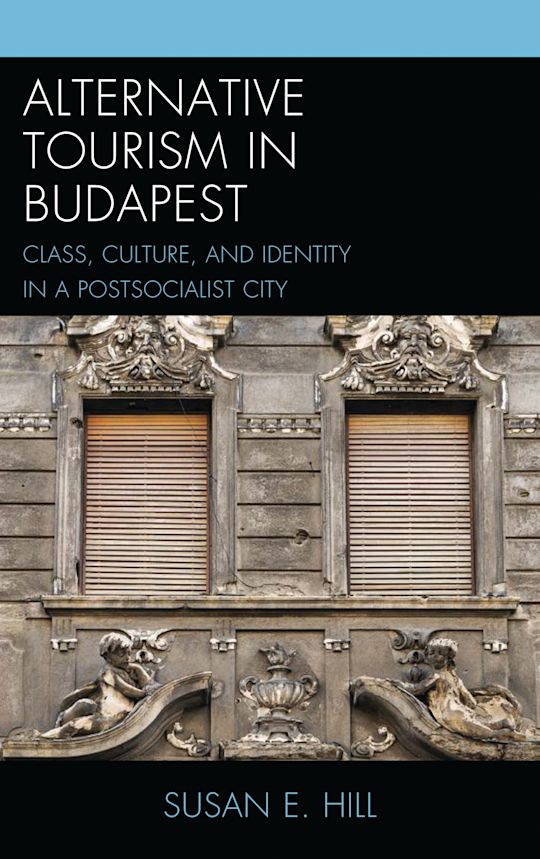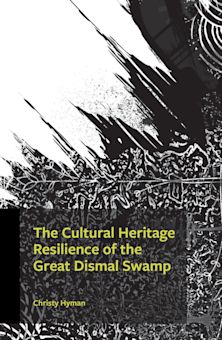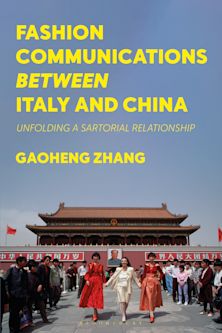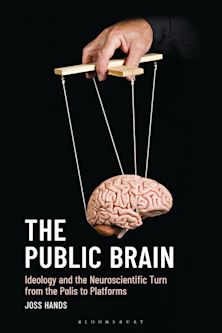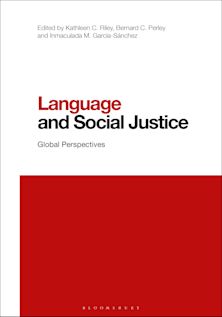- Home
- ACADEMIC
- Anthropology
- Cultural Anthropology
- Alternative Tourism in Budapest
Alternative Tourism in Budapest
Class, Culture, and Identity in a Postsocialist City
Alternative Tourism in Budapest
Class, Culture, and Identity in a Postsocialist City
You must sign in to add this item to your wishlist. Please sign in or create an account
Description
Alternative Tourism in Budapest: Class, Culture, and Identity in a Postsocialist City analyzes the particular imaginaries of Hungarian culture that are produced and circulated through alternative tourism a generation after state socialism. Susan Hill records the everyday work of business owners and tour guides at four Budapest alternative tourism companies that lead tourists to areas not typically visited by travelers, and she considers the significance of alternative tourism work for processes of identity-making and cultural production in Budapest. This ethnographic study is recommended for scholars of anthropology, cultural studies, and political science.
Table of Contents
Acknowledgments
Introduction: Ethnography in the “Hidden” Budapest
Chapter One: Sketching an Illiberal Budapest
Chapter Two: Tourism in Budapest and Its Imaginaries
Chapter Three: Alt-entrepreneurship and the Meanings of Alterity
Chapter Four: Alt-guiding on the Pericapitalist Edges
Chapter Five: Touring the Post-socialist, Transcendent
Conclusion
Product details
| Published | 03 Feb 2017 |
|---|---|
| Format | Ebook (Epub & Mobi) |
| Edition | 1st |
| Extent | 122 |
| ISBN | 9781498528658 |
| Imprint | Lexington Books |
| Illustrations | 10 BW Illustrations |
| Series | The Anthropology of Tourism: Heritage, Mobility, and Society |
| Publisher | Bloomsbury Publishing |
About the contributors
Reviews
-
Susan Hill offers an original take on tourism, one that is equally interested in the production of the imaginary of a place and its producer, the tour guide. Alternative Tourism in Budapest is fascinating, provocative, and entertaining, if also troubling in the depiction of how the business of ‘going off the beaten path’ can seamlessly melt into the logic of neoliberal urbanism.
Judit Bodnár, Central European University









